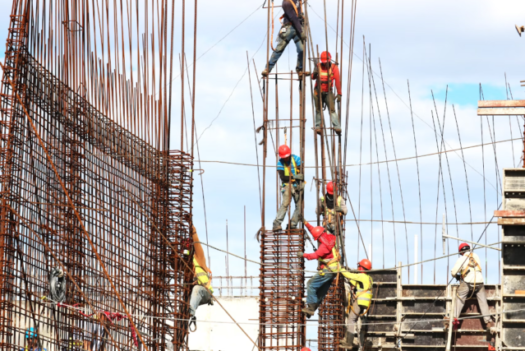Nonfinancial Corporate Credit and Inflation: Part 4
This article concludes the analysis of the correlation patterns between Nonfinancial Corporate Credit (NFC) and Consumer Inflation (CPI). The last of the three types of inflation patterns (time periods with no significant inflation trends) is the subject of analysis here. The other two types of patterns (inflation surges1 and disinflation/deflation surges2) were analyzed previously. The conclusion discusses the correlation patterns for all time periods, looks for any common threads, and identifies important differences across time periods and types of correlation patterns.

From a photo by Josue Isai Ramos Figueroa on Unsplash.








